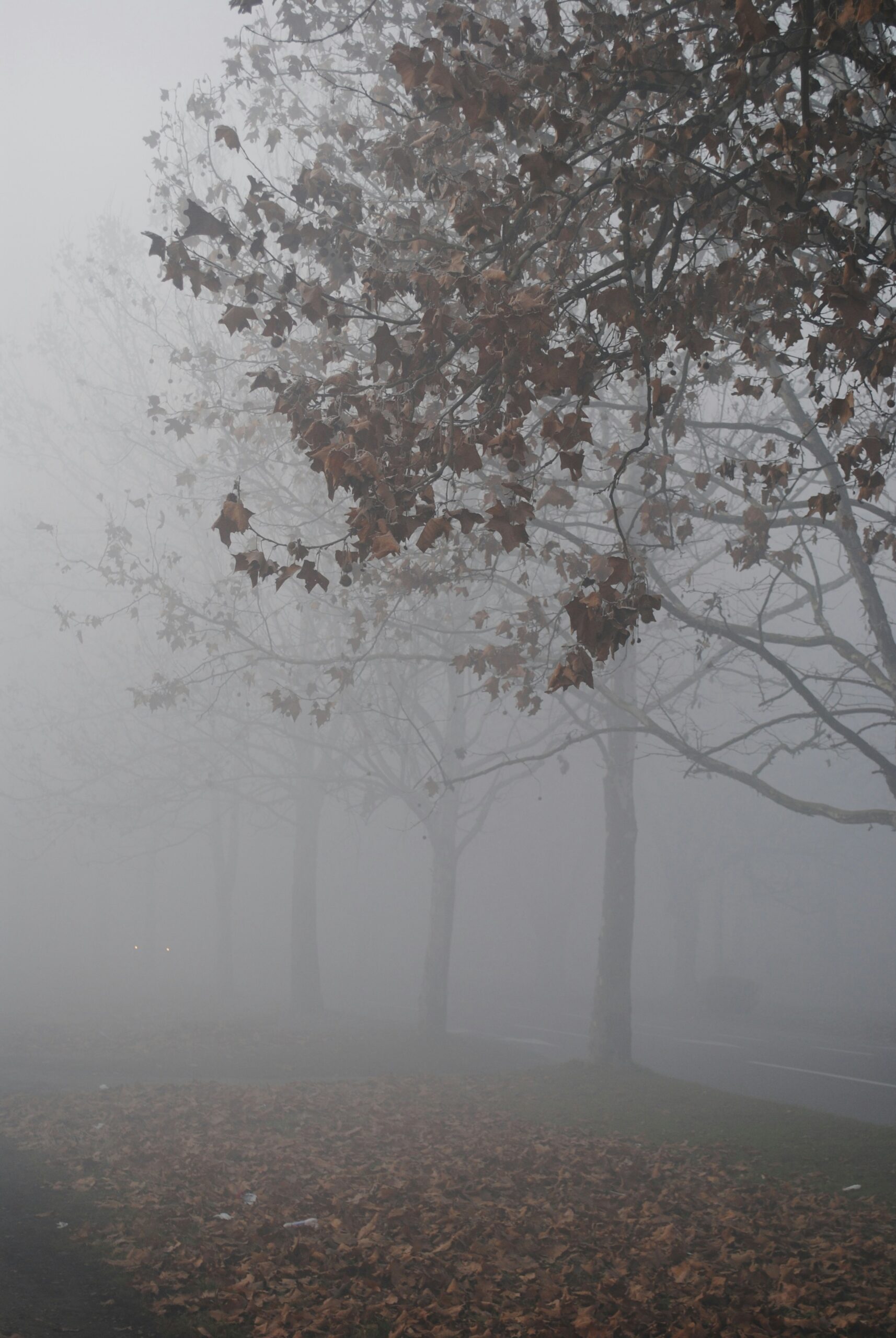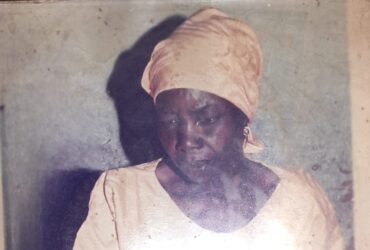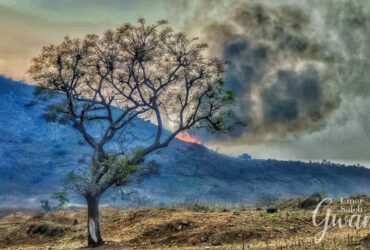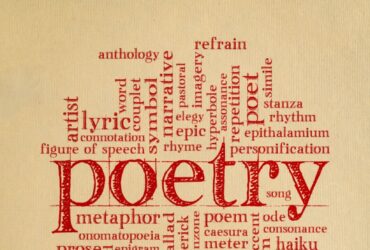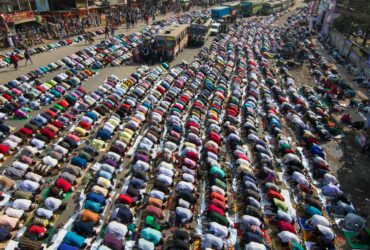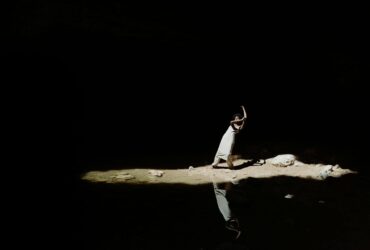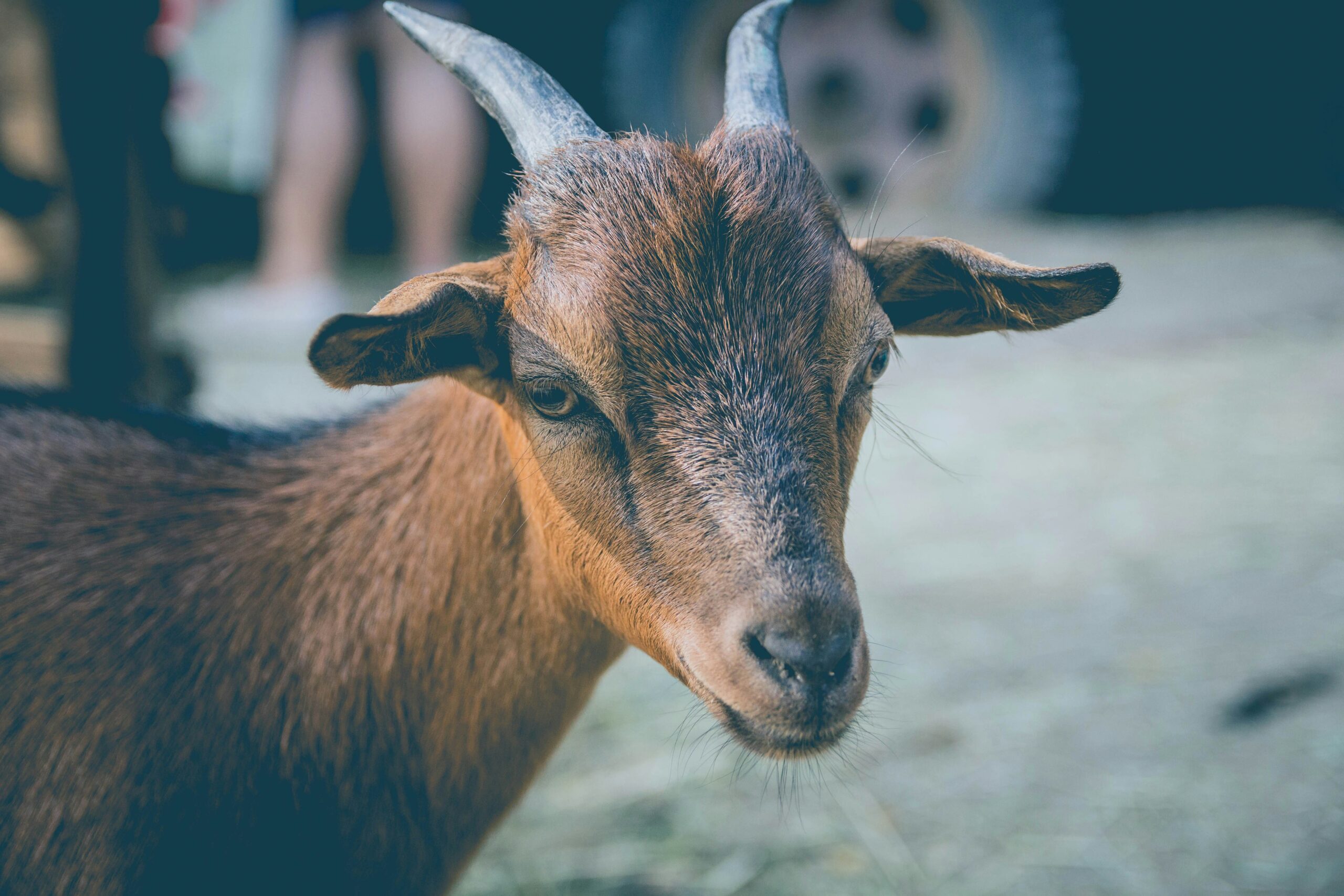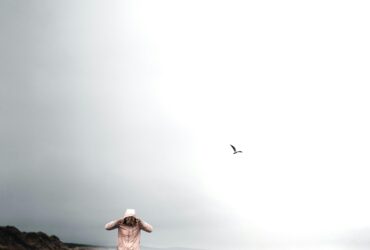It isn’t that I have never written a poem in the absence of melancholy. I have. But there is a way melancholy pokes into your soul; it makes you feel things; it lifts the curtain over your eyes and makes you see the world with vivid alacrity. There is a way it sequestrates the feelings out of you and turns them into words. There is a way melancholy does these that joy simply doesn’t know how to. Melancholy is poetry’s favorite child.
I remember my grandmother by a lot of things, and when I picture myself in old age, I see myself in her image. Tall, lean, with a slightly curved back, a head full of gray hair that tangles and covers my eyes when being loose. Rheumy eyes set on a dark lean face, hands that are ever generous, and a serious demeanor that resets naughty grandchildren back to their default setting.
In a lot of ways, ending a year is like ending a poem. Like a poet approaches a finished poem in scrutiny, going over and reading it again, sometimes reading it out loud to hear the rhythm and make sure it flows smoothly, so too do we go over the events of an ending year. But unlike a poem, we cannot remove the words or the lines we feel are obstructing the flow of a year spent. There is no going back to remove a word or insert a new one. There is no changing the events of any moment. There is no altering the flow. There are only the what-ifs.
But life isn't always like poetry, it hardly ever starts from the last stanza. Sometimes, you have no idea if there will be a last stanza at all, or if it will continue in long lines that do not have an end. Like the cliffhangers at the end of thrillers. And these cliffhangers of life... these events that continue to infinity like a recurring decimal, are the parts of life I struggle to deal with. My mind shifts and fidgets endlessly when it goes on a journey that does not seem to have an end.
Your days were no longer short in the university, it was mostly business as usual, but you had your own charms. Like how, when I took lectures at the old campus, I looked forward to you so that I would listen to the khudba and pray the Friday prayers. I loved the silence when the Imam’s voice travelled through the audience. I loved seeing the elderly women, who were regulars at the mosque, dress in their best attires and sit to pray. I loved it when the ladan said “a tsaya, a shiga sahu, a rufe salula, babban dan yatsa a kan layi, rufe salula malam”. I loved the imam’s voice. I always imagined how his lips moved, and his tongue rolled when he recited the Qur’an.
You see yourself putting others before you, shrinking yourself so that you do not take up too much space, so that society does not label you a misfit. You keep going back to the man who has made your skin a gallery of bruises, and whose love you can no longer find in you no matter how hard you look. You tell yourself each day that it is for the kids, for the social security and respect that comes with being married. You look in the mirror sometimes, unable to recognize the you who now cares what society thinks.
Moments. Fleeting. Art captures them, or some part of their essence, in a specific form. Poetry gives us an expression that beautifies this capture through various devices and renditions that, if done well, leave us with something to hold on to.
We laughed. We joked. We lamented. We remembered books and plots and characters. We talked about the creativity that is needed to write a voice driven novel. We talked about A Brief History of Seven Killings, and the distinct voices of the characters. And when we reached Kabuga junction, we hugged and parted. I crossed the road, and took the shortcut through Kofar Kabuga, the old Kofar Kabuga, with its few heaps of sand that survived the wear and tear of time, and a goat, resting on its ancient back.
After ages of avoiding the shore, I went back again. This time however, I vowed not to wait. I got a ship. The sailor had wanted me on it all along, but when the time to sail came, I left the shore. The ship was good, but I wanted better. What is wrong with waiting for a little while more when you have been waiting all your life?
You realized later that life was giving you a poetry lesson. Teaching you that just because the first line came out right didn't mean the rest of the poem would. Sometimes the metaphors would refuse to come through. The imagery, no matter how hard you tried to paint it, would just not appear right. You would look everywhere for the perfect punchline to end the poem, but you would not find one. Life was telling you that just because you thought you were good with words did not mean that they would always come to you whenever you needed them. And sometimes, you just couldn’t write a poem, just like you could not write your life into poetry.






